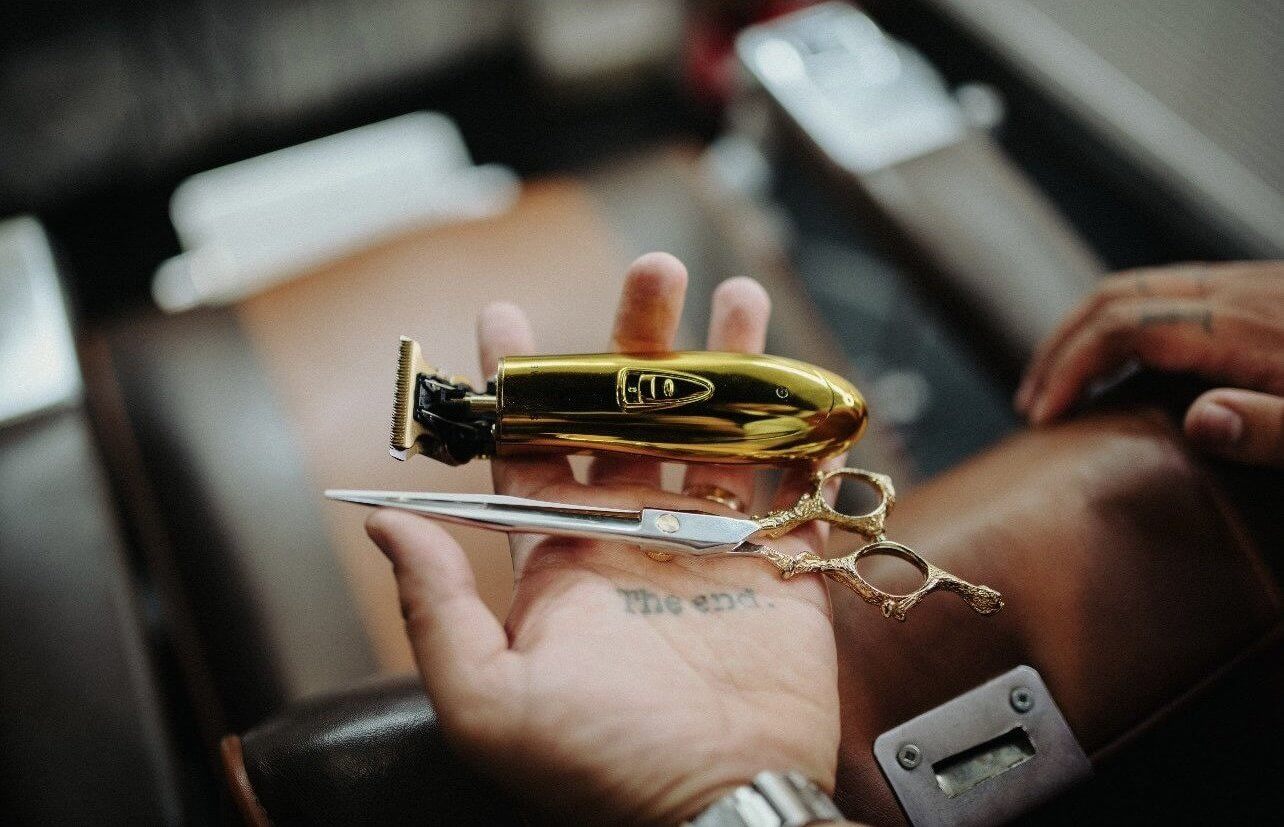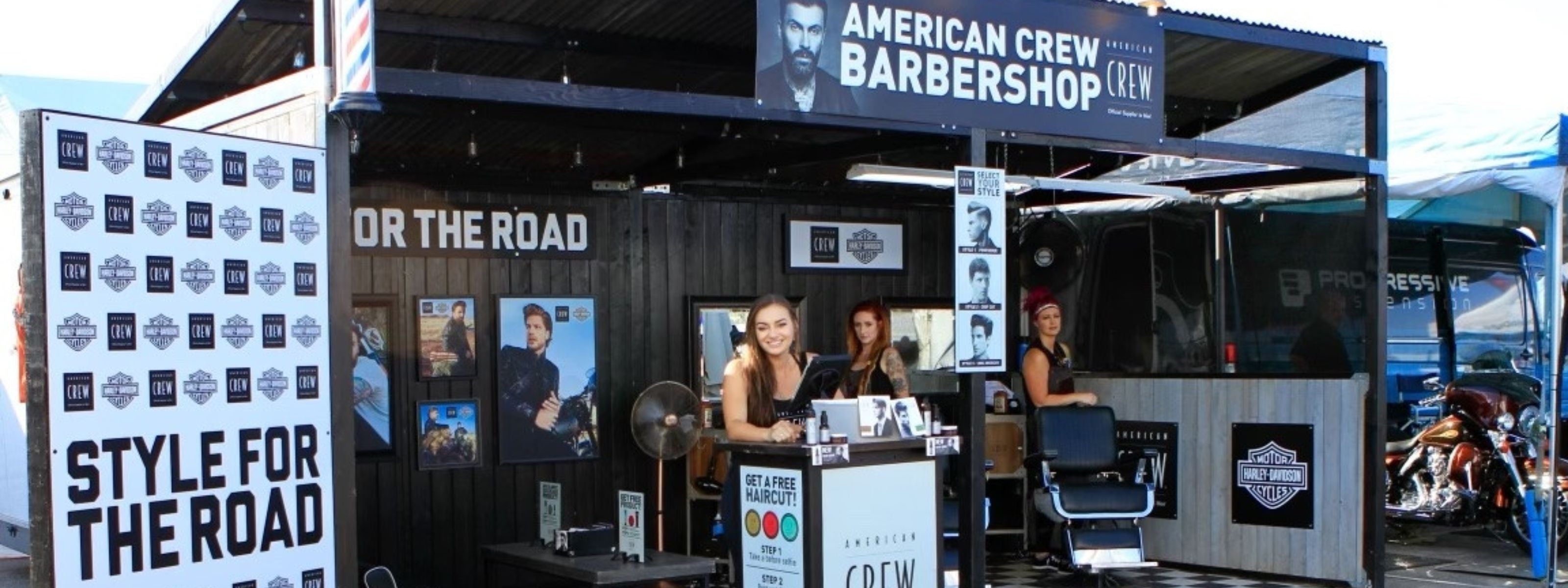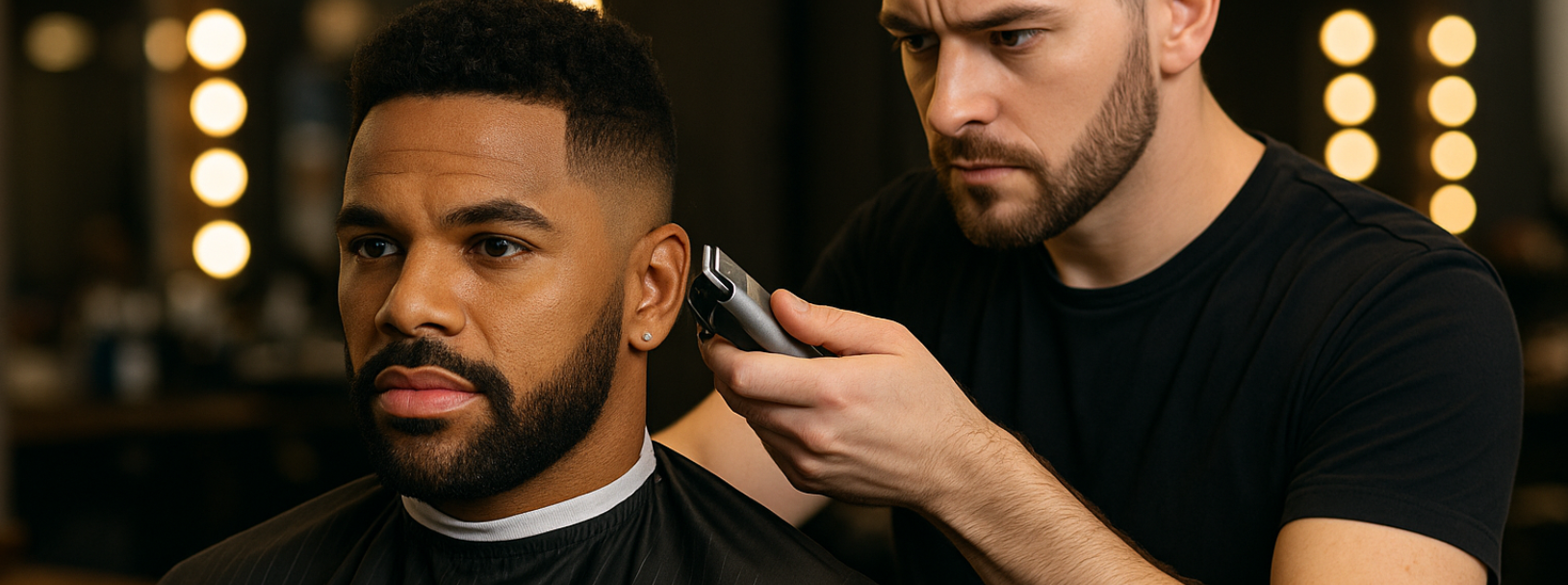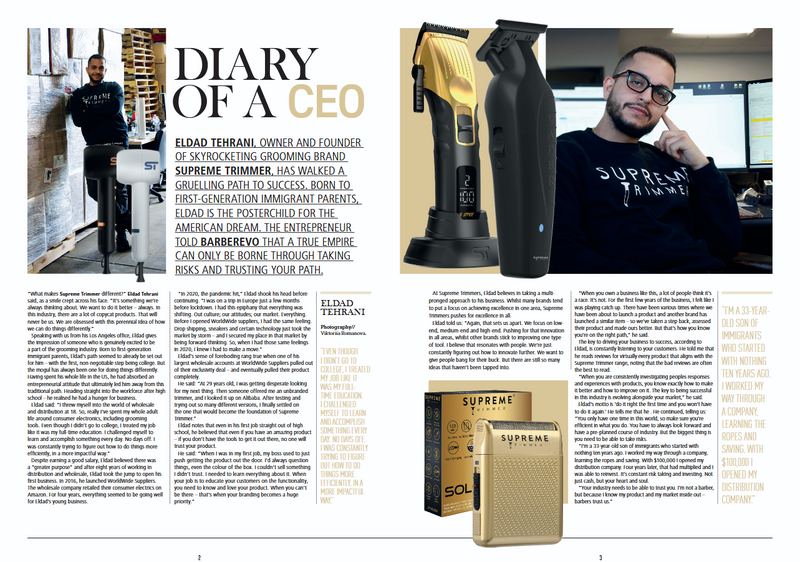Every barber knows the drill: the client walks in, takes a seat, and says, “I want a fade, but don’t take it too high,” or “Just make it a little shorter, but not too short.” The usual back-and-forth ensues, but deep down, you know what they’re asking for might not work with their hair type or their face shape. But here’s the catch—the age-old “client is always right” myth creeps in. It’s the unwritten rule that barbers should comply with whatever the client demands, no questions asked.
But let’s face it—sometimes, the “client is always right” mentality can be downright harmful. It can lead to bad haircuts, frustrated clients, and a barber’s sanity hanging by a thread. So when should barbers push back and stand their ground?
The Power of Professional Judgment
You’ve spent years honing your craft. You’ve learned the nuances of different hair types, face shapes, and styles. You’ve trained your hands to execute perfect fades and precise line-ups. So, why is it so hard to stand up for what you know is best for the client?
Here’s the deal: the “client is always right” mantra doesn’t always apply in the world of barbering. A client might ask for a style that just isn’t going to suit them—whether it’s a trendy cut that doesn’t work with their hair texture or a complicated design that will take too long or might not turn out right. This is where your expertise comes into play. You’ve got to be the professional in the room, even if it means disappointing a client.
Take a recent example from the world of barbering: a well-known barber posted on Instagram about a client who walked in requesting a high fade when their hair was too thin to pull it off. The client wasn’t happy when the barber advised against it, but the final result—a more conservative cut—ended up being much more flattering. The client left satisfied, and the barber didn’t compromise their expertise. It’s a perfect example of how barbers should prioritize their professional judgment over blind obedience to the client’s wishes.
Educating Clients – It's Part of the Job
Standing your ground isn’t just about saying “no” to a client. It’s about educating them on why a certain style or cut may not be the best option. Clients might not always understand the intricacies of haircuts, and that's where you, as a barber, can step in and help them see the bigger picture.
For example, a client may ask for a fade that blends too abruptly, but if you explain how a more gradual fade will complement their hair better and avoid a harsh line, they’re more likely to trust your expertise. You’re not just cutting hair—you’re guiding clients toward a look that fits them best, even if it’s not what they envisioned.
This education aspect is where barbers really shine. Many clients come into the chair with little understanding of how certain cuts or styles work with their hair type or face shape. By explaining your reasoning in a friendly and professional way, you build rapport and create a relationship where clients trust you to make the right call.
Setting Boundaries for Your Craft and Mental Health
There’s another critical reason why barbers need to stand their ground: their mental well-being. Let’s be honest—sometimes clients can be demanding. From unreasonable requests to unrealistic expectations, the stress can pile up. Constantly trying to please everyone, even when it’s impossible, can burn you out.
Setting boundaries isn’t just about saying “no” when something doesn’t work—it’s about preserving your craft. If you’re constantly bending to the will of every client, you’re not growing as a barber. You’re not pushing your skills or learning how to handle tough situations. By standing firm on what you know is right, you not only safeguard your craft but also protect your mental health from the strain of constant compromise.
The Ultimate Takeaway: Respect Both Ways
At the end of the day, the best barber-client relationships are built on mutual respect. As a barber, you respect the client’s desires and provide the best possible service, but the client should also respect your expertise. There’s no shame in suggesting alternatives or having an open conversation about what will work best for them. After all, your role as a professional is to deliver not just a haircut, but a style that enhances your client’s features and makes them feel great about themselves.
So, next time a client walks in with a request that doesn’t quite make sense, remember: it’s not about being difficult—it’s about being professional. Don’t be afraid to stand your ground. You’re not just cutting hair; you’re creating confidence. And that’s worth a whole lot more than just saying “yes” to every request.




















